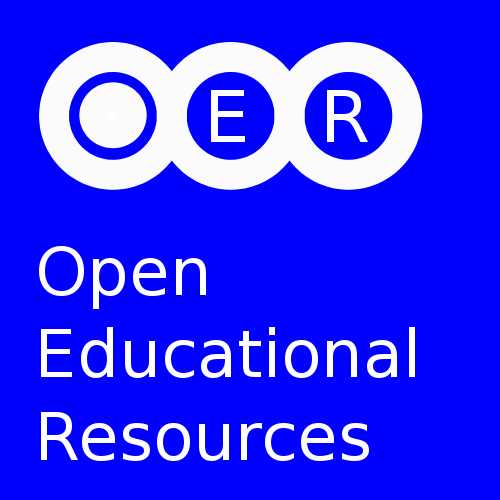
"OERlogo" by Michael Reschke. Licensed under Public Domain via Wikimedia Commons.
Publishing your work under a Creative Commons (CC) licenses makes it easy to share with others under terms that you choose. Many Open Educational Resources are published under CC licenses because the licenses are easy to understand, standardized, and designed for online use.


Facebook Twitter Instagram